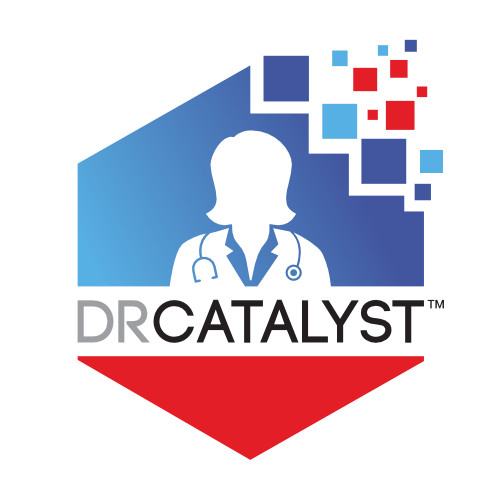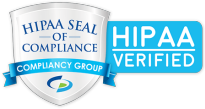The End of the PHE and What It Means for Covid Vaccine Coverage
After three years of quarantines, mask-wearing, and vaccinations, the COVID-19 Public Health Emergency (PHE) finally came to an end on May 11, 2023.
But before shouting “free at last” from the mountaintop, practices should remember that transitioning into a post-COVID world means change for the healthcare industry—particularly COVID-19 vaccine coverage.
Here’s what the end of the PHE means for you:

Are COVID-19 Vaccine Mandates Ending?
Yes. And no.
When it comes to federal mandates, the
Centers for Medicare & Medicaid Services (CMS) has officially ended vaccination requirements for most providers as of August 4th, including home health and hospice care.
On the other hand, vaccine mandates in the private sector are still up for employers to decide. That means your practice can maintain or reimplement a coronavirus vaccine requirement if it so chooses.
What About Long-Term Care Vaccine Requirements?
COVID-19 vaccine requirements for nursing home staff will remain in place. Irrespective of the coronavirus pandemic, nursing home facilities must have “an effective infection and control program,” according to government officials.
Read More:
Telehealth in a Post-COVID World: Adapt Now Before It’s Too Late

Will Medicare Continue to Cover COVID-19 Vaccinations?
Following the PHE, Medicare recipients will continue to be covered for COVID vaccinations if recommended by their doctor. Those who choose to get vaccinated in the future will continue to pay nothing so long as they receive their vaccination from an in-network provider.
Will Medicaid Continue to Cover COVID-19 Vaccines, Testing, and Treatments?
Unless otherwise noted, Medicaid will continue to provide COVID-19 coverage until September 30th, 2024.
After that deadline, Medicaid and CHIP coronavirus coverage may vary by state. Be sure to check in with the
DrCatalyst Blog to stay updated.
While federal requirements are coming to an end, 18 individual states have already guaranteed COVID testing, vaccination, and treatment to uninsured individuals irrespective of federal mandates—check in with your local state regulations for the latest.
Will CMS Continue to Pay Health Care Administrators to Administer Vaccinations?
Yes. Providers will continue to be paid $40 per dose until the end of the calendar year following the termination of the Emergency Use Authorization (EUA). The EUA is separate from the PHE.

Will Health Insurance Providers Still Cover COVID-19 Vaccinations?
Even after federal mandates end, the
Affordable Care Act (ACA) still requires private health insurance providers to cover COVID-19 vaccinations. However, diagnostic COVID testing is exempted from this requirement, although many private insurers will likely continue to cover it.
Read More:
CPT S4042: How to Maximize Revenue With S-Codes & Procedure Combos
Will Federal Resources Continue to Support COVID-19 Vaccination?
Moving forward, vaccination rates and health facilities will continue to be incentivized through quality reporting and value-based incentive programs. CMS hopes that these initiatives will help keep vulnerable populations and those who work with them safe.
Stay Up To Date On The Latest Regulations With DrCatalyst

Tired of mixing up your “PHE’s” with your “EUA’s?” You’re not alone. Staying current with all the latest regulations and requirements is a major challenge. That’s why practices everywhere are switching to DrCatalyst.
DrCatalyst provides trustworthy and affordable
remote RCM,
medical billing,
virtual staffing, and other vital services for providers looking to streamline workflows and eliminate rejections. With DrCatalyst, maximizing your performance while staying compliant is fast, easy, and reliable.
If you’re ready to leave the regulations to the pros, contact DrCatalyst today and start growing your practice like never before.
Useful Links
Contact
3100 Carr 199, STE 202
San Juan, PR 00926-7660
United States
Useful Links
DrCatalyst | All Rights Reserved.
Contact
3100 Carr 199, STE 202
San Juan, PR 00926-7660
United States
Useful Links
DrCatalyst | All Rights Reserved.













